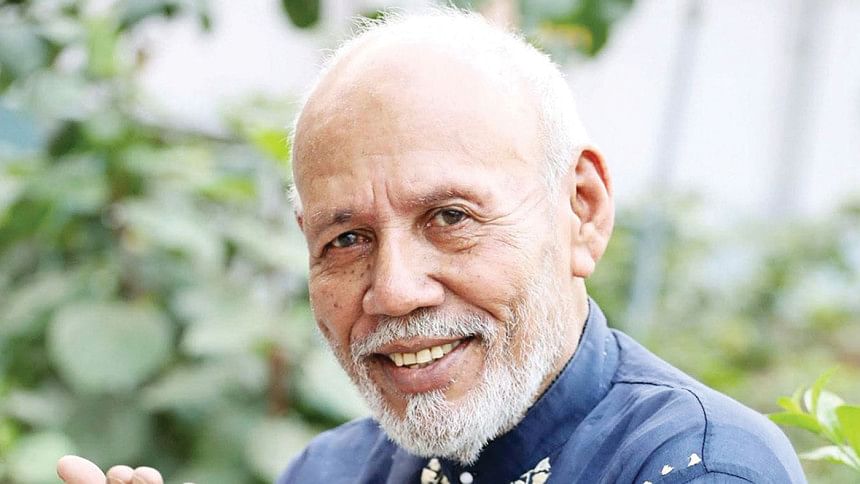A legacy that never fades

Renowned Indian actor Irfan Khan was reading a newspaper on the side of the road in a mid-long shot of Mira Nair's Oscar-winning movie "Salam Bombay"- this is how he appeared in the world of cinema with this short cameo appearance. How the legend began has been the least of concerns for the commoners, however, how he transformed each mere chance into an opportunity has managed to earn a rightful place in the history of this art form.
His story reminds me of A T M Shamsuzzaman, an unforgettable name in the Bangladeshi cinema who had also begun his journey with a minor role of being an assistant to a newspaper peddler in the song, "Tumi Ki Dekhecho Kobhu Jiboner Porajoy" from the film "Eituku Asha" in 1968.
Starting from the huge film industry in Mumbai, India to galloping on the international screens, Irrfan Khan has rocked the world with his impeccable presence in numerous evergreen releases, including Ang Lee's "Life of Pi" (2012) and Ritesh Batra's "Lunchbox" (2013). It is unfortunate that A T M Shamsuzzaman, who grew up in the dying film industry of Bangladesh, did not get a director and a film that would pledge his artistic excellence to the world. Nevertheless, there is no denial of the fact that he is one of the few rare actors born of his time that the world has known of.
Although I met ATM Shamsuzzaman only once, the chat we had 20 years ago about making a television series was quite long. He had thought of a drama serial under the name "Kurban Alir Rojnamcha" for a television channel, featuring the daily activities of Kurban Ali and his family. The channel has insisted ATM Shamsuzzaman to play the titular lead role. Noted producer Abu Taher had introduced us and we were to write the screenplay of this production together.
I had worked on a few short tele-fictions before, but it was supposed to be my first TV series as a director. Sadly, the project was later dropped and I have lived with the regret of losing the opportunity of working with him till today. During our discussion that day, I had discovered an amazing harmony of sense of humour and beauty that resided within ATM Shamsuzzaman. His expertise in screenwriting, confrontation, and camera resolution was remarkable. He is not only one of the best actors of all times but also an incredible storyteller, screenwriter, and director. Working with him would have truly been the best learning experience for young aspiring filmmakers such as ourselves, an experience that I missed and still yearn for.
A legend like ATM Shamsuzzaman never dies, but resurrects every time as the audience cherishes on his characters – the village foreman in "Noyonmoni" (1976), Jobed Fakir in "Surja Dighal Bari" (1979), Kodom Ali in "Dayee Ke?" (1987), and Taslim Sardar in "Guerrilla" (2011), among numerous others. His stories, characters, and scenes remain in remembrance.
The author is a producer and director.
Translated by Ashley Shoptorshi Samadder

 For all latest news, follow The Daily Star's Google News channel.
For all latest news, follow The Daily Star's Google News channel. 



Comments